Historical and medical scholars have found ancient medical practices interesting because they provide an inside look into the early understanding of the human body and health.
Modern medicine has its roots in many of the treatments and procedures that were practiced thousands of years ago, yet some look strange or even dangerous today.
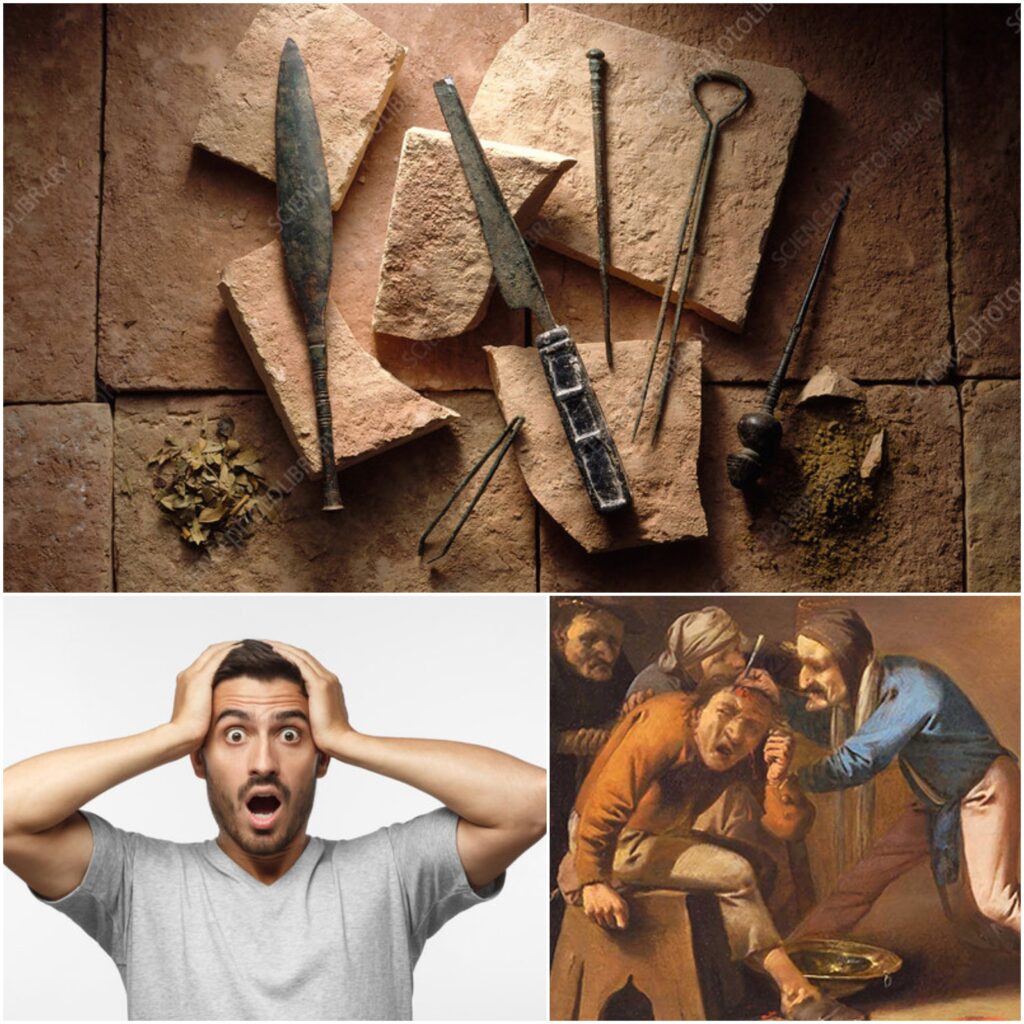
Even while ancient civilizations like Egypt, China, Greece, and India are generally recognized for their contributions to the field of medicine, there are a lot of interesting but unfamiliar details about their medical practices that we still find remarkable.
Facts About Ancient Medical Practices
Ancient Egypt – Medicine from the Gods
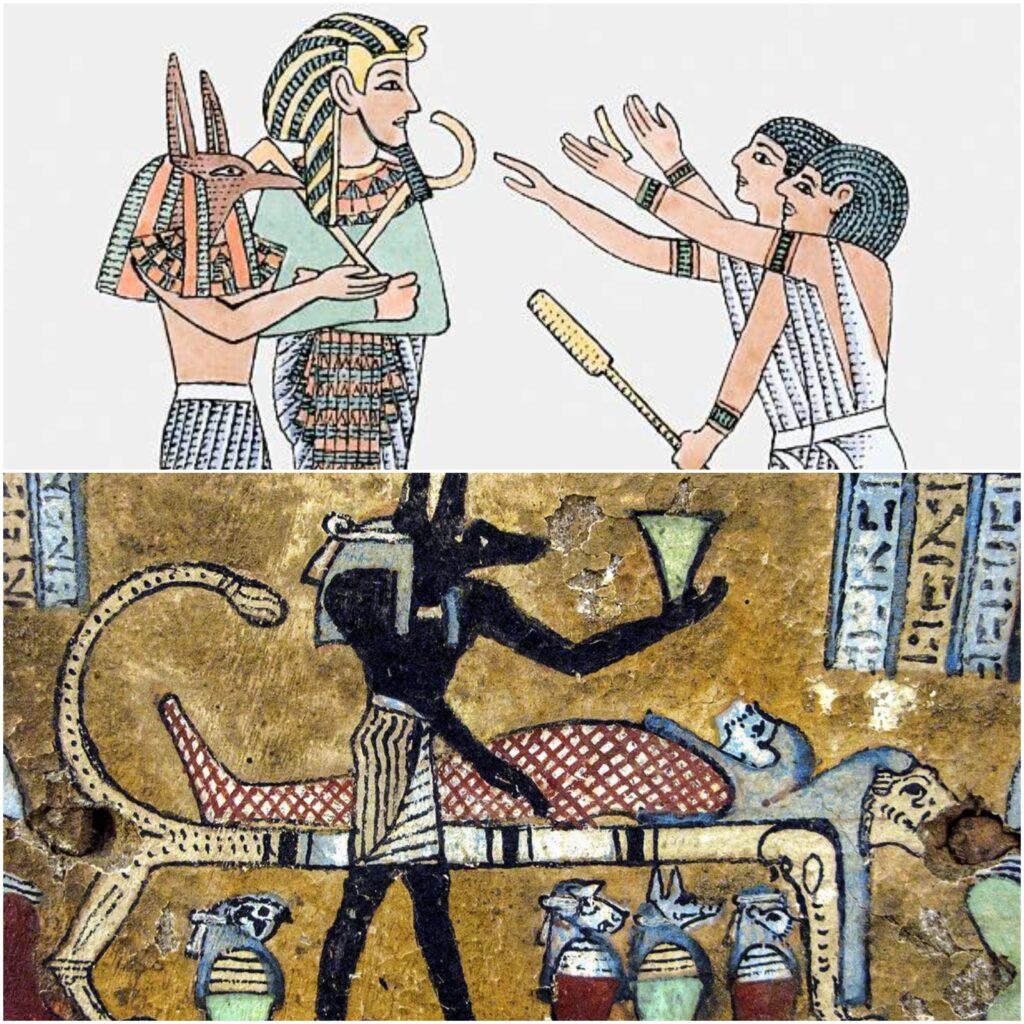
Historically, medicine received respect in ancient Egypt and was linked intimately with the gods, particularly the goddess of healing, Sekhmet, and the god of wisdom, Thoth.
Egyptian physicians, referred to as “swnw,” were well-respected and combined the use of surgery, herbal treatments, and spiritual healing.
The Ebers Papyrus, which dates roughly 1550 BCE and is among the oldest known medical records in the world, provides us with a wealth of information on their medical knowledge.
The usage of moldy bread as a remedy for illnesses by ancient Egyptians is one surprising fact. Since this approach might appear outdated, it is comparable to modern antibiotics.
Something that fights bacterial infections and is comparable to penicillin was present in the mold.
This shows that although spiritual ideas were a major part of ancient Egyptian medicine, it also included an empirical component that is relevant to modern medical research.
Chinese Medicine – The Power of Balance and Harmony
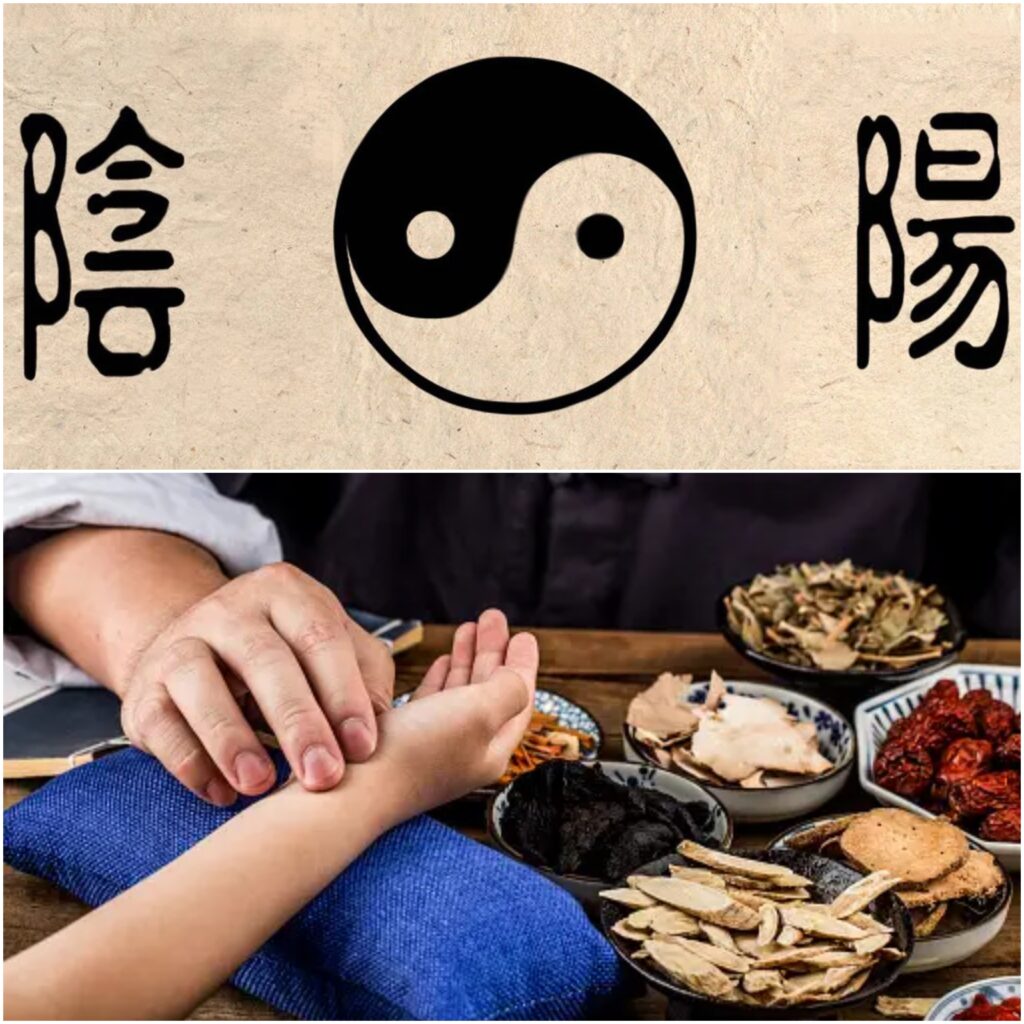
The goal of traditional Chinese medicine was to bring the body into harmony using the ideas of Yin and Yang and Qi, or energy flow.
The aim was to preserve balance both with the body and the environment.
The history of several widely used modern practices including acupuncture, herbal treatments, and cupping therapy dates back thousands of years.
Acupuncture needles have been used in China for as long as 5,000 years, a little-known fact.
The oldest known acupuncture implements were stone instruments that were used to stimulate body spots in order to release blockages in Qi and bring the body back into equilibrium.
This age-old method continues to be a mainstay of conventional Chinese medicine and has impacted recent holistic health approaches.
Greek and Roman Innovations – The Birth of Surgery
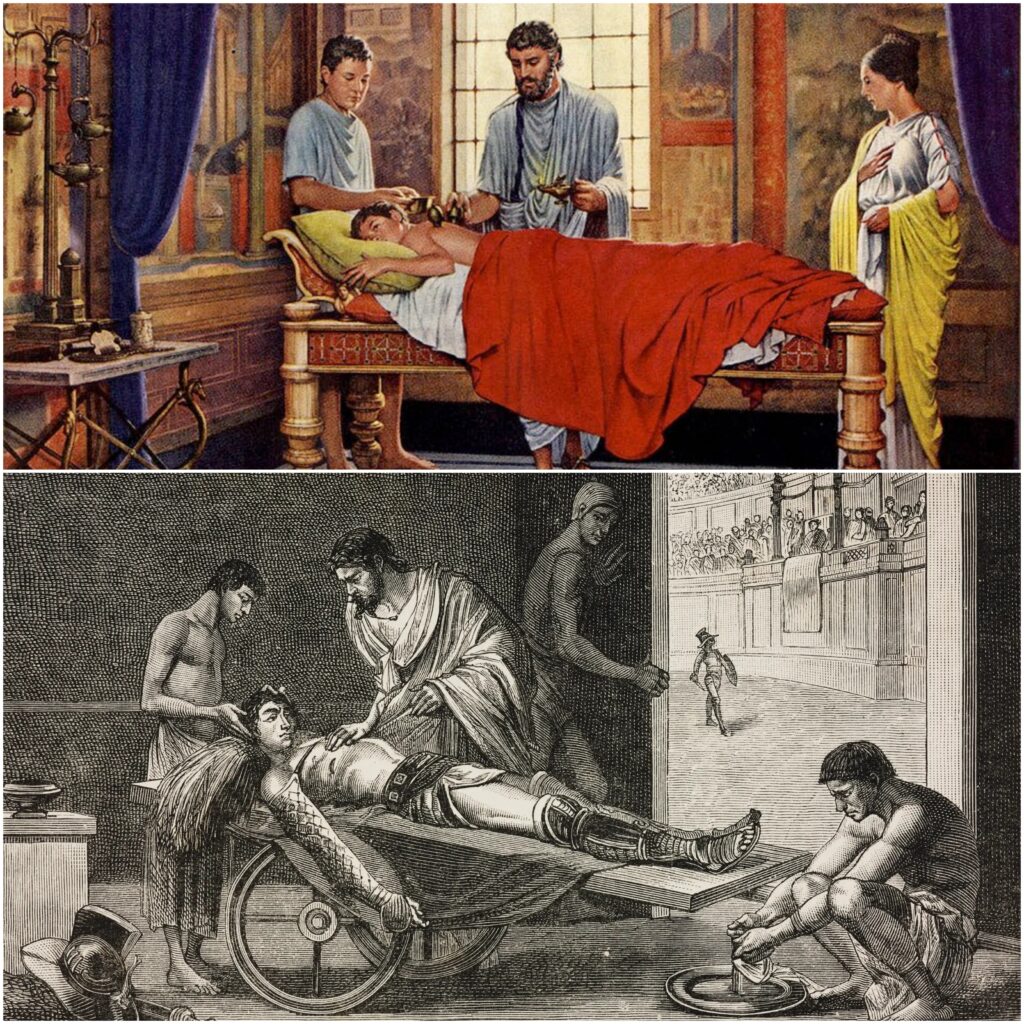
Since the Romans developed surgical methods that were innovative for their time, the ancient Greeks are frequently acknowledged as the founders of modern medicine.
The foundations of medical ethics and practice were established by the Greeks, primarily Hippocrates, and were actually applied by the Romans, particularly in the field of military medicine.
The fact that Greek surgeon Galen, who cared for gladiators, carried out complex surgeries like brain and cataract surgery, is among the most fascinating historical details from this time period.
His surgical skill and animal anatomical research had a centuries-long impact on medical science.
Modern surgical devices bear similarities to the advanced tools created by Roman military surgeons that include forceps, bone saws, and scalpels.
Ayurveda – Healing from the Indian Subcontinent

One of the oldest medical systems in the world, Ayurveda has its roots in India and has influenced holistic well-being for more than 3,000 years.
The balance of the three doshas Pitta, Kapha, and Vata which are believed to control an individual’s bodily and mental well-being, is the central idea of Ayurvedic medicine.
The early usage of plastic surgery in ancient Ayurveda is a surprising truth. Long before these treatments became popular in the West, complicated reconstructive surgeries like rhinoplasty (nose reshaping) were performed by ancient Indian surgeons.
An ancient Ayurvedic literature called the Sushruta Samhita describes surgical methods that are very similar to those used in today's plastic surgery.
Medieval Europe – The Dark Ages of Medicine
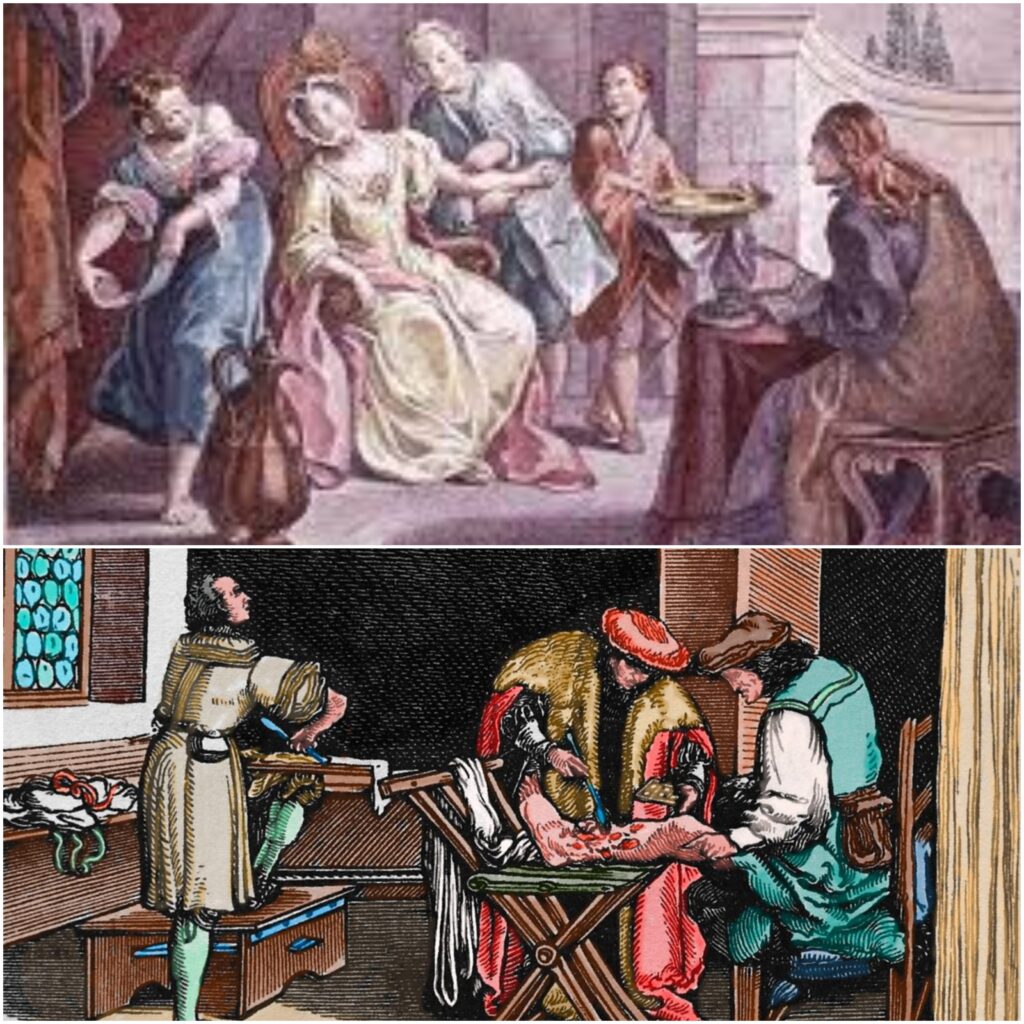
The middle Ages saw the translation and preservation of old books that influenced later medical knowledge, even though they are sometimes seen as a period of medical decline.
Even while many medieval therapies, including leech therapy and bloodletting, appear harmful or ineffectual in modern times, they were commonly used throughout Europe.
The importance of monks in medieval medicine is among the most surprising truths about it.
Monastic communities translated literature and practiced medicine within their monasteries, preserving a large portion of the medical knowledge of classical Greece and Rome.
Many monasteries featured infirmaries where patients may receive treatments based on both ancient and modern medical theories. Monks were frequently one of the most educated healers of the time.
Ancient Americas – Healing with Nature
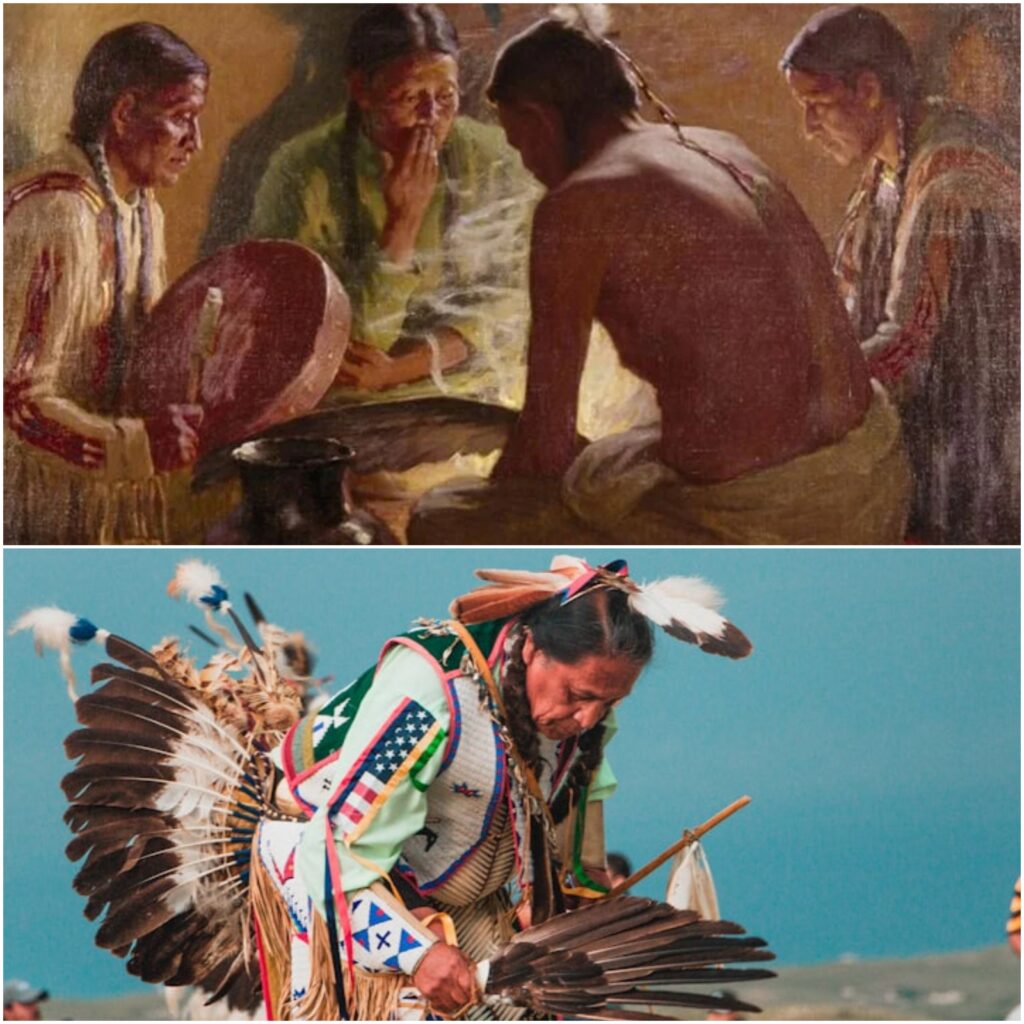
Native Americans in the Americas acquired advanced medical knowledge that was primarily based on the environment.
Advanced surgical procedures were used by civilizations that included the Aztecs, Mayans, and Native American tribes, who had a vast knowledge of herbal medicine.
Unknown information about ancient American medicine is that obsidian blades were used for surgery by the Aztecs.
Obsidian is a volcanic glass that generates an edge that is sharper than steel, which makes it an extremely useful surgical instrument.
These blades were employed for a variety of treatments, from minor surgery to trepanation, which involves cutting holes in the skull.
The wealth of medical knowledge in ancient American cultures can be seen by the usage of such complex surgical instruments.
African Medicine – The Science of Nature and Spirituality

Ancient African medical practices were deeply interconnected with spirituality and a strong appreciation of the therapeutic qualities of the natural world.
Many African societies, including the Yoruba and Nubians, had advanced medical practices that combined herbal medicine and spiritual healing.
Evidence suggests that ancient African cultures used a type of beer that produced antibiotics to cure diseases, which is interesting information.
Researchers have discovered that beer containing the antibiotic tetracycline was drunk by Nubians approximately 1,500 years ago.
This finding shows how, long before antibiotics were discovered in modern medicine, ancient African healers used the body’s own healing abilities to combat illness.
The Influence of Astrology on Ancient Medicine
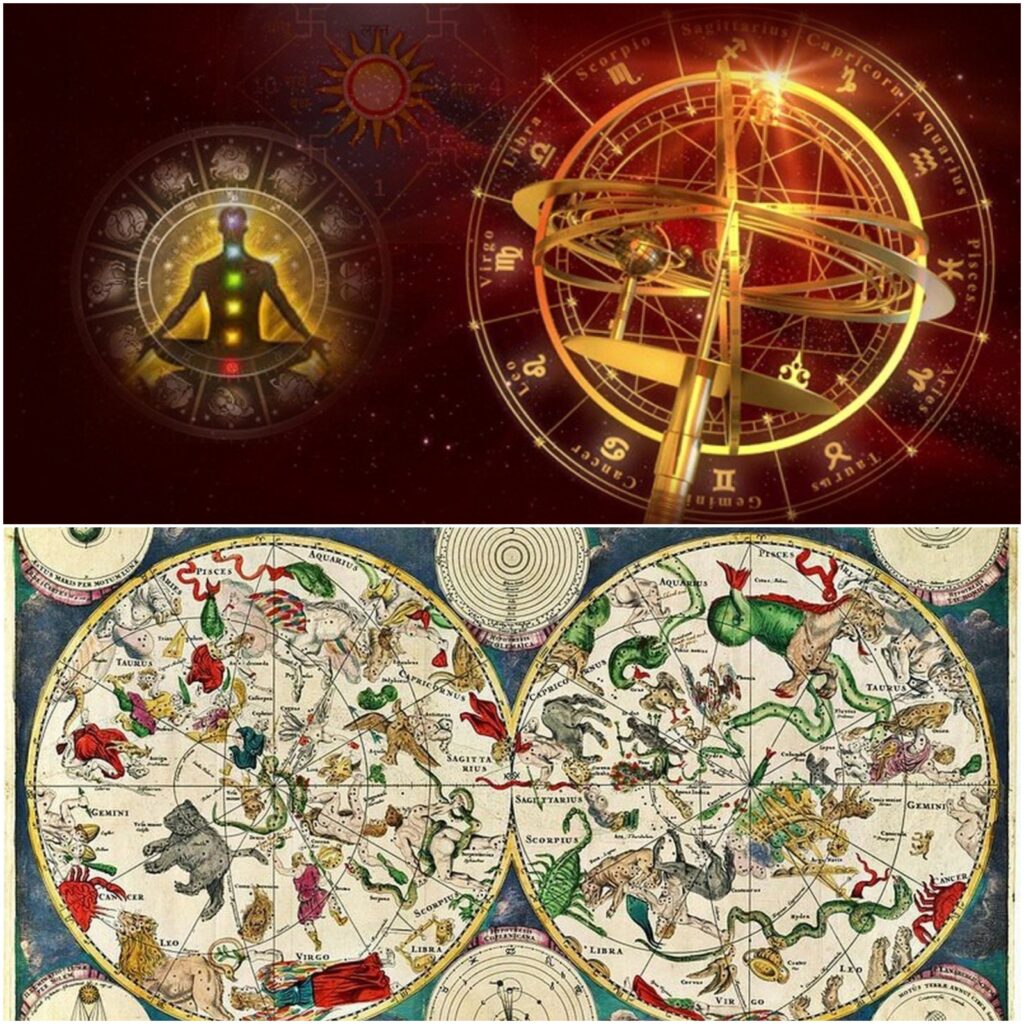
Many ancient medical systems included astrology in an unexpected but necessary way. Physicians would frequently consult the stars before recommending a course of therapy.
Astrological charts were used as treatment plans in Mesopotamia, Egypt, and Rome because these civilizations thought that a person’s health was influenced by the positions of the planets and stars.
Suddenly, “medical astrology” the practice of medieval European surgeons scheduling procedures based on zodiac signs was prevalent.
They held the opinion that specific signs governed particular body parts, therefore executing a surgery or other therapy under the correct astrological circumstances was necessary for its effectiveness.
Since modern technology has disproved this practice, it illustrates how deeply astrology was rooted in traditional medical thought.
What Can We Learn from Ancient Medical Practices?
Even while ancient medicine was frequently basic by modern standards, it provides important insights into the early understanding of health and illness.
These ancient cultures created complex methods, many of which served as models for modern medicine.
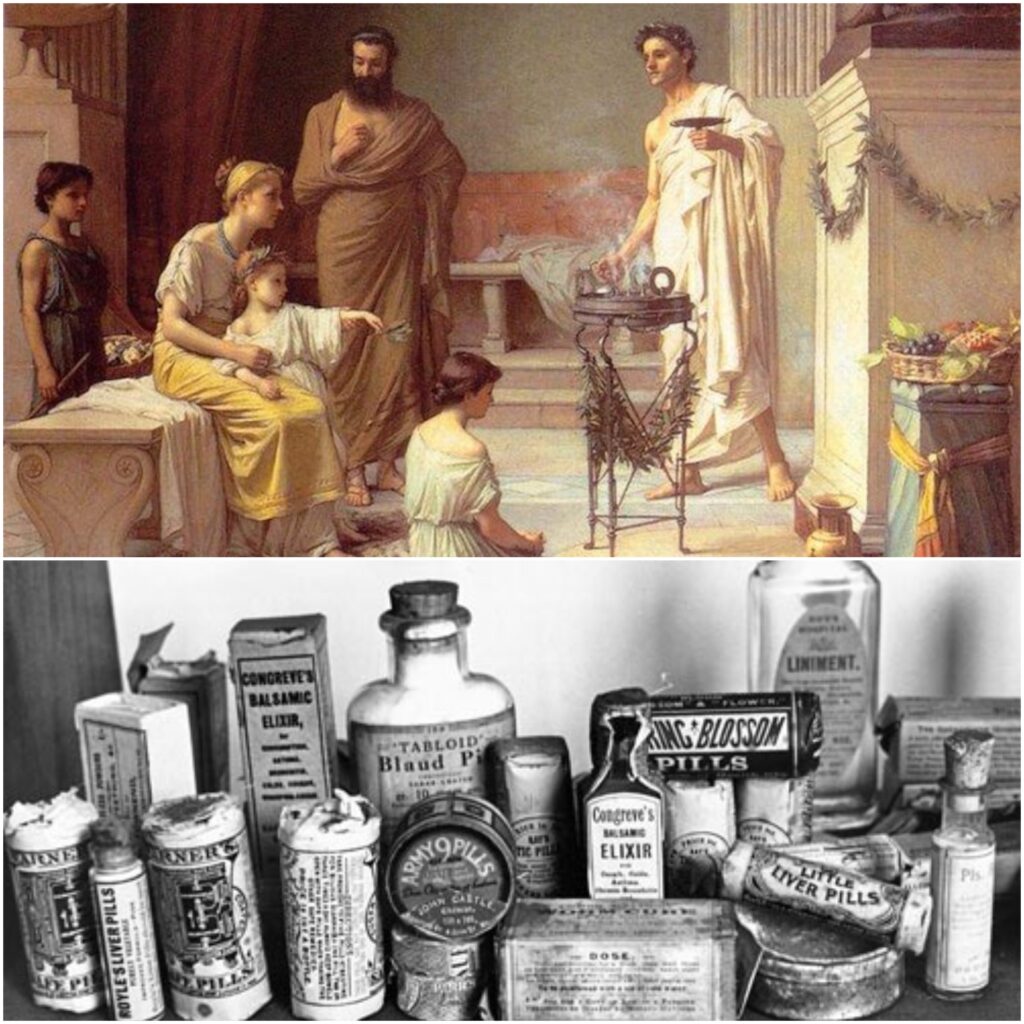
Ancient medical practices continue to generate curiosity and respect, from the Egyptians’ use of moldy bread as a predecessor to antibiotics to the Aztecs’ use of obsidian blades for surgery.
Recognizing the genius of the early healers who made the most of the information and resources available to them while also appreciating how far medicine has come requires an understanding of these techniques.
“Watch this fascinating video to learn more about how acupuncture, an ancient Chinese practice, continues to impact modern healthcare.”
Read Also: Unlock the shocking connection between your gut and mental health and discover the mysterious facts that could change your well-being.
